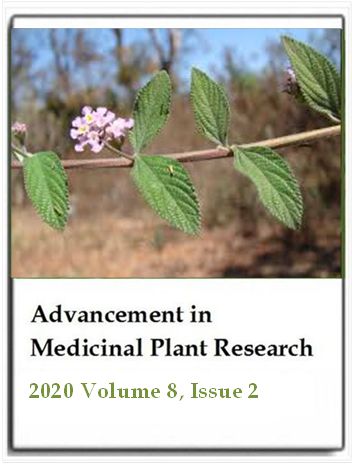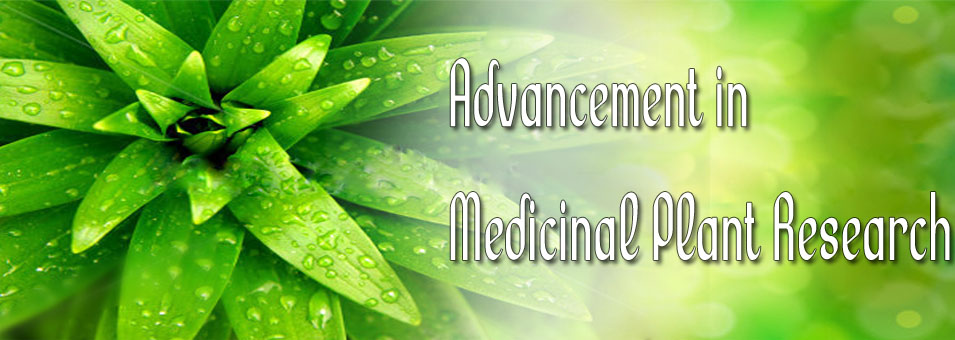Influence of Lippia thymoides Mart. & Schauer and Lippia origanoides Kunth essential oils on planktonic cell and Streptococcus mutans biofilm growth
Mateus Cardoso Oliveira, João Pedro Cotrim Maia, Patrícia Baier Krepsky, Angélica Maria Lucchese, Rafael Nóbrega Stipp, Felipe Joia, Marcelo Fabiano Gomes Boriollo and Isabel Celeste Caíres Pereira GusmãoAdvancement in Medicinal Plant Research
Published: May 7 2020
Volume 8, Issue 2
Pages 24-34
Abstract
Biofilms comprise of a complex structure of accumulated microorganisms, especially Streptococcus mutans, and are a major factor in the development of caries. This study aimed to evaluate the in vitro antimicrobial action of Lippia thymoides and Lippia origanoides essential oils against Streptococcus mutans UA159 by measuring minimum inhibitory concentration (MIC) and minimum bactericidal concentration (MBC) in biofilms. Cell viability was observed using scanning electron microscopy and confocal laser scanning microscopy. The MIC values were 35 μg/ml for L. thymoides and 40 μg/ml for L. origanoides, suggesting that the oils had antimicrobial effects on S. mutans strains and indicated a bactericidal action. These antimicrobial activity tests showed that S. mutans in the biofilm was significantly eliminated, with results better than the action of 0.2% chlorhexidine. These results confirm the antimicrobial activity of these essential oils and provide a promising means for the effective reduction of S. mutans biofilms.
Keywords: Antimicrobial susceptibility, biofilm, essential oils, Lippia sp., planktonic cells, Streptococcus mutans.
Full Text PDFThis article is published under the terms of the Creative Commons Attribution License 4.0

